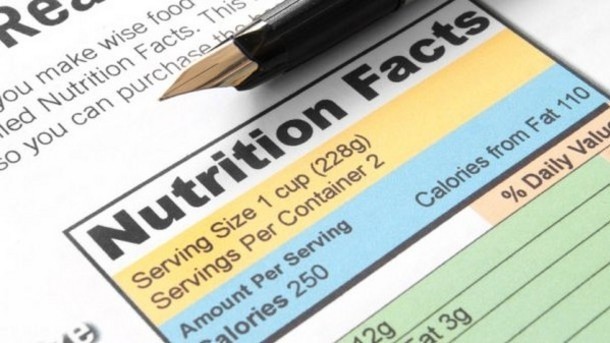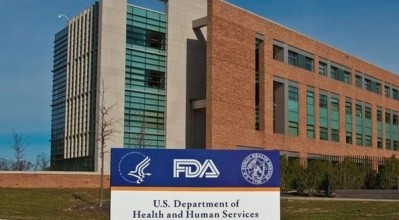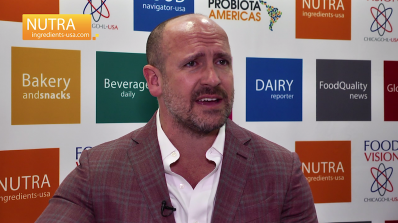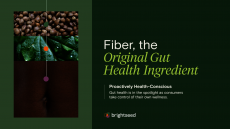NPA petitions FDA to shelve new nutrition, supplement facts labeling rule

The change, announced in May 2016, involved visual changes such as increased type size for ‘calories’ and ‘servings per container,’ to new items on the panel like ‘added sugar’ and the elimination of ingredients once considered dietary fibers.
The NPA particularly had issue with the last two, declaring them ‘completely unnecessary’ and ‘poorly defined.’
“We are heartened by the [Trump] Administration’s pledge to weed out bad regulations that only end up costing consumers more money, and this one is exhibit A,” said Daniel Fabricant, PhD, President and CEO of NPA in an email statement.
“This rule was poorly-written, rushed, unnecessary, and should be shelved immediately. Labeling is extremely important, but labeling changes posed by FDA must be material and based on scientific evidence or consumer empirical studies and not based on whim or the way the wind happens to be blowing,”
What is an added sugar?
To clear up confusion over defining and calculating added sugar, the FDA issued a draft guidance at the beginning of this year. In it, the FDA described added sugars as ‘sugars that are either added during the processing of foods, or are packaged as such’ and includes syrups, honey, and sugars from concentrated fruit or vegetable juices.
“If sugars somehow impacted health, the current declaration of total sugars in product labeling covers disclosure of this material fact,” the trade association argued in its formal petition.
“FDA would have to show there is something fundamentally different (chemically and physiologically) between an added sugar/carbohydrate and one naturally present in a product.”
FDA excludes inulin and other plant fiber
The NPA also argued against the agency’s new definition of dietary fibers, saying it was ‘selective, inconsistent and un-supported by scientific evidence.’
“Notably absent from FDA’s list of “isolated or synthetic” dietary fibers are ingredients such as inulin and other plant fibers,” the association wrote.
“FDA does not treat dietary fiber consistently as it does most other nutrients. FDA has chosen to define dietary fiber in accordance with a showing of its beneficial physiological effect, rather than on the basis of its chemical definition and characteristics. All other nutrients and food components are defined based upon a chemical definition or some quantitative measurement.”
How does the FDA define “added sugars”?
According to this FDA page, which summarizes points from the draft guidance, added sugars include "sugars that are either added during the processing of foods, or are packaged as such, and include sugars (free, mono- and disaccharides), sugars from syrups and honey, and sugars from concentrated fruit or vegetable juices that are in excess of what would be expected from the same volume of 100 percent fruit or vegetable juice of the same type. The definition excludes fruit or vegetable juice concentrated from 100 percent fruit juice that is sold to consumers (e.g. frozen 100 percent fruit juice concentrate) as well as some sugars found in fruit and vegetable juices, jellies, jams, preserves, and fruit spreads."
A more technical definition from the FDA, with around 365 words, can be found HERE.
Added sugars split the food industry
The Obama-era proposal to list ‘Added Sugars’ has split the food and beverage industry—General Mills, Kellogg, and Unilever strongly oppose, while Nestlé, Mars and KIND LLC are in favor, according to a comments in a docket on the proposal.
“The FDA is at a pivotal juncture because these proposals represent a significant shift in their approach and establishes an important precedent for future labeling initiatives," said General Mills. "FDA nutrition labeling regulations have been based on the totality of scientific evidence, and label revisions have been proposed only after following a rigorous and established process.
“However, it appears that the agency has arbitrarily moved away from this process with these latest proposals. We respectfully ask FDA to pause and take the time needed for a deep, evidenced based review through the Institute of Medicine (IOM) DRI (Daily Reference Intake) process.”
Meanwhile, Dave Crean, global head of research and development at confectionery giant Mars, said the added sugar proposal “just makes good sense.”
The support won applause from the Center for Science in the Public Interest (CSPI). The center’s health promotion policy director Jim O’Hara said Mars’ comment was “an important, if somewhat unlikely, ally in the fight to get junk food out of schools, and has one of the strongest policies when it comes to shielding kids from junk-food marketing”.
He added: “It’s refreshing to see a company like Mars showing principled leadership on this question of added sugar labeling, and we hope other companies follow its lead.”

















